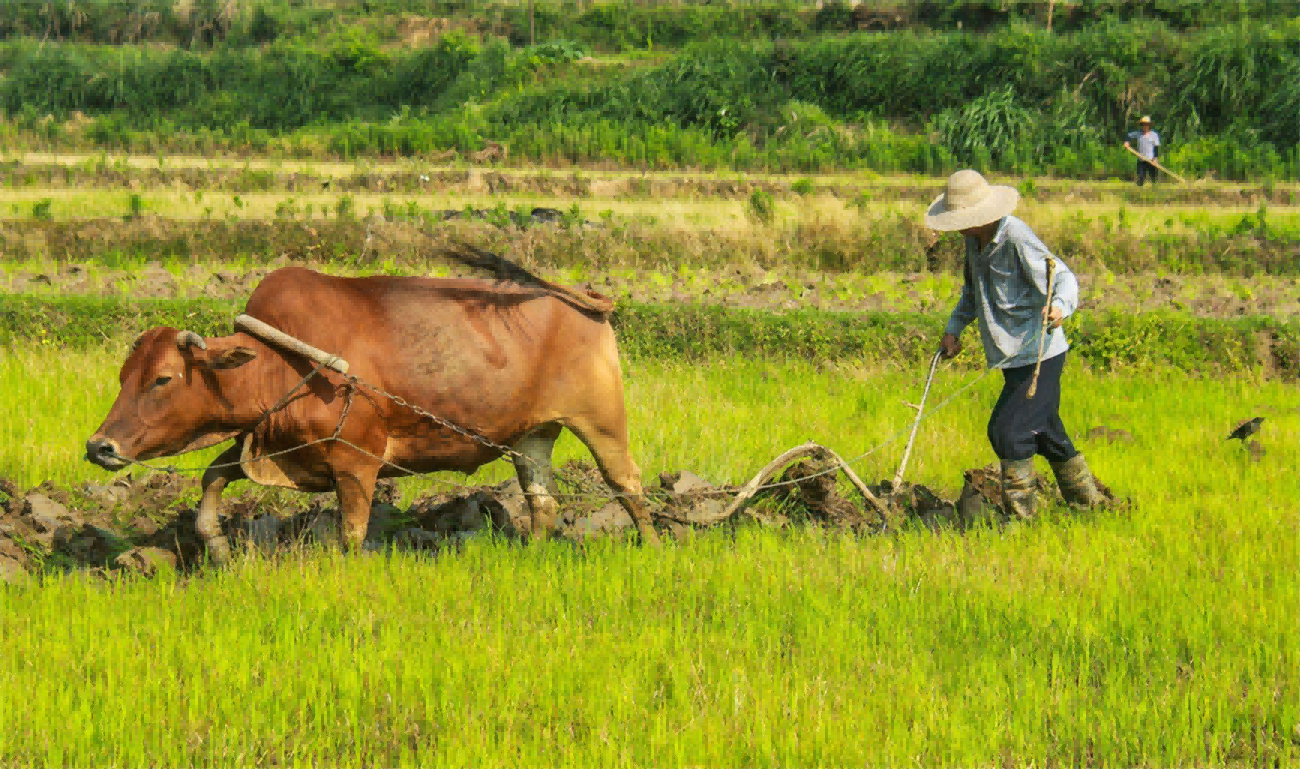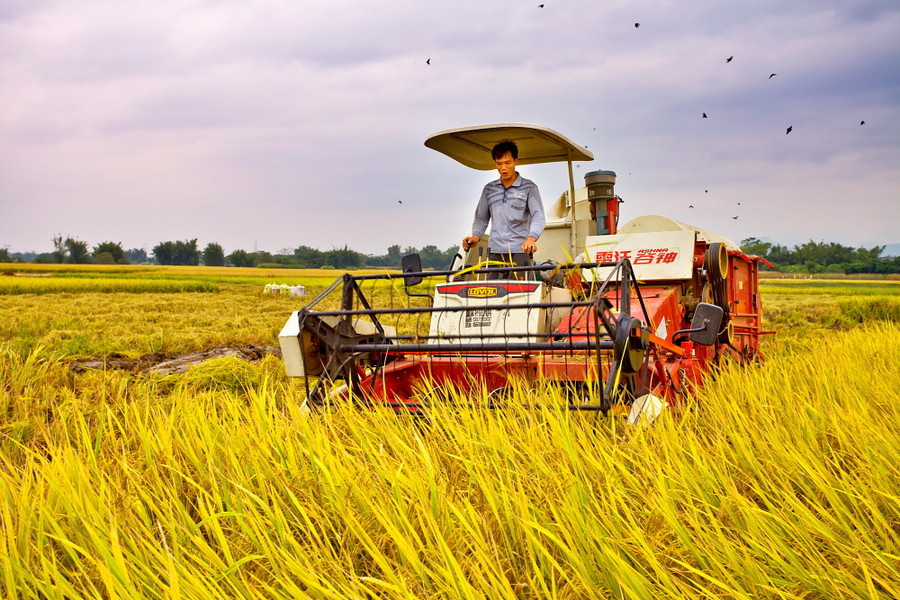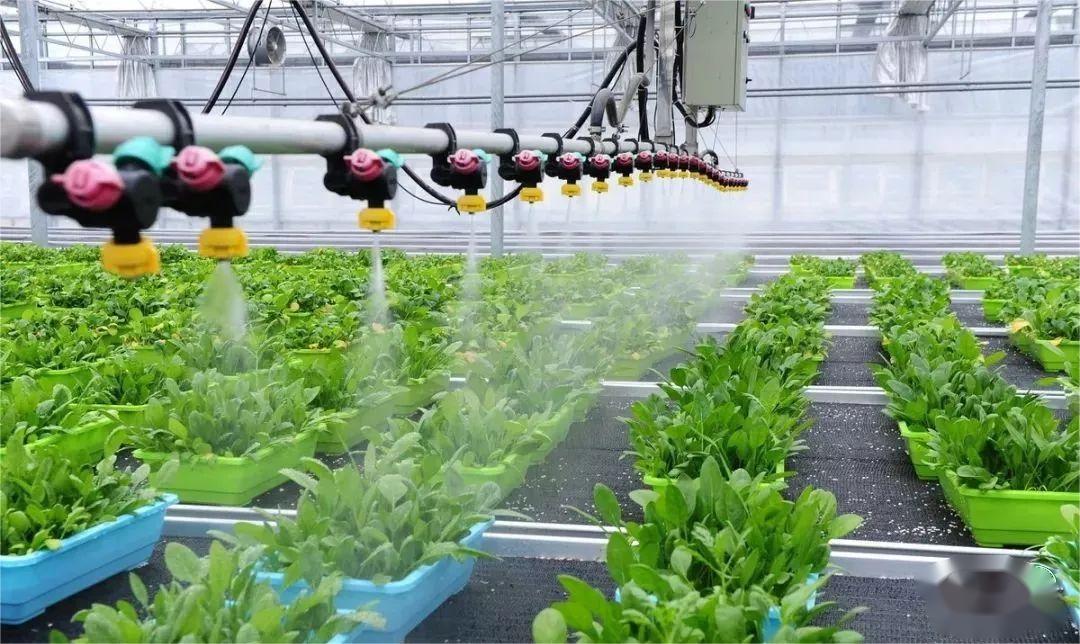The difference between conventional, modern and organic farming
1 Conventional agriculture
Conventional agriculture refers to the mode of agricultural production in which the main techniques are based on long-accumulated experience in agricultural production. The production process is characterised by intensive cultivation and small-area operations without the use of any synthetic agricultural chemicals, farmyard manure, composted soil, human, animal husbandry, agricultural and manual measures or some soil pesticides to control pests and diseases. Traditional agriculture is typically characterised by low mechanisation and low yields, but low external material inputs and high sustainability.
2 Modern agriculture
Modern agriculture is characterised by a high degree of concentration, specialisation and labour productivity. Agricultural production is increasingly dependent on machinery, fertilisers and pesticides. However, this model of agricultural production is characterised by a focus on development over conservation, production over management, production over quality, efficiency over environmental protection, high input and high output, giving rise to a range of problems such as environmental issues, agricultural sustainability and food safety.
3 Organic farming
Organic farming has the advantages of traditional farming in that no chemical substances are used to protect food safety and the environment, and organic fertilisers are used to avoid contaminating surface and groundwater and to ensure sustainable agriculture. At the same time, modern agricultural production techniques, including resistant variety selection, crop rotation, intercropping and crop set techniques, facility farming, micro-drip irrigation techniques and integrated pest treatment techniques, are used to achieve higher yields. Organic farming has the following characteristics.
(1) Selecting disease-resistant crop varieties, using intercropping as a technique to protect genes and biodiversity, and creating an environment conducive to the breeding of natural enemies and the growth of pests.
(2) The use of genetically modified products and technologies is prohibited.
(3) Establish crop rotation systems for legumes and other crops, and use measures such as returning straw to the fields, applying green manure and animal manure to nurture the soil and maintain agricultural
industry sustainability.
(4) Adopt physical and biological measures to control pests and diseases to minimise the impact on the environment and food safety.
(5) Take reasonable farming measures to protect the environment and prevent soil erosion.
*** Translated with www.DeepL.com/Translator (free version) ***





